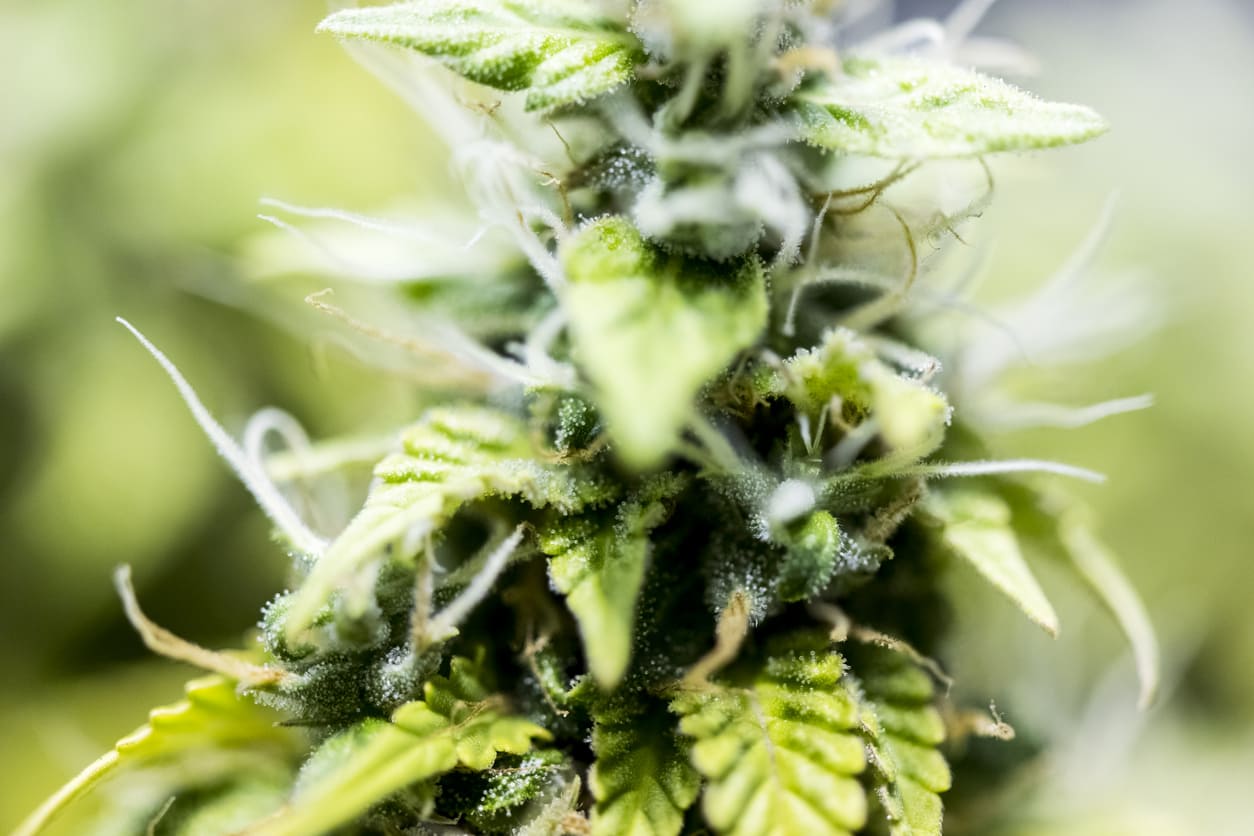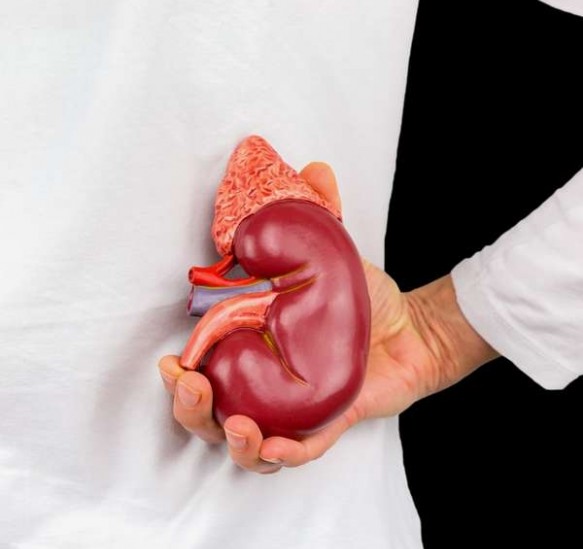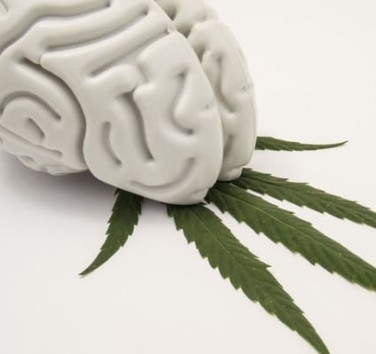What is kidney failure?
Renal failure is when the kidneys are no longer able to properly filter waste products from the blood. One of the reasons why this disorder is difficult to diagnose is because the functioning of the kidneys gradually decreases. At first, it is a silent disease and it can sometimes take several months before realizing it.
If the kidneys are no longer able to filter the body's natural waste products, other problems can arise. This is why it is important to diagnose kidney failure as soon as possible. On the one hand, urea, which corresponds to waste from food, can be found at too high a rate in the body. Only a blood test can reveal whether this urea level is too high or not.
On the other hand, the level of creatinine, which corresponds to the waste products from the muscles, can also be affected by kidney failure. Here again, you have to take a blood test to know if this level is correct or not.
Beyond the diagnosis, it is important to understand that kidney failure will lead to the accumulation of waste in your body. Waste that should naturally be evacuated by the urine. Since this waste is toxic, it can lead to other more or less serious problems. In more advanced cases, the patient may need dialysis or a kidney transplant.
What are the symptoms of kidney failure?
As explained earlier, kidney failure can be a silent disease for a long period of time. Here is a non-exhaustive list of symptoms that can help you detect potential kidney failure:
- urge to urinate more frequently than normal;
- dark and scanty urine;
- intense fatigue after exertion;
- significant water retention;
- sleep disorders;
- migraines and nausea;
- loss of appetite and weight loss.
What is the treatment for kidney failure?
Today, there is no radical treatment to put an end to kidney failure. Generally, doctors recommend advice to maintain a healthy lifestyle such as:
- have a healthy and balanced diet;
- drink at least 1.5 liters of water a day;
- no smoking;
- practice a physical activity or sport;
- regular blood tests to check diabetes, creatinine and urea levels;
- take painkillers to relieve pain.

How does CBD affect the kidneys?
Despite remarkable scientific advances in cannabis, the action of cannabinoids on the kidneys is still not well understood. Although there are still grey areas, researchers all agree on the role of the endocannabinoid system.
In fact, all humans have an endocannabinoid system. This system includes CB1 and CB2 receptors present in tissues and organs, including the kidneys. This endocannabinoid system plays a regulatory role in our body. When stimulated, it can therefore correct your weaknesses and adjust your internal imbalances.
As you know, CBD is a cannabinoid that occurs naturally in the cannabis plant. Consuming this cannabinoid will therefore stimulate the endocannabinoid system. The problem is that a study conducted in 2017 looked into this and we don't know if the result is positive or negative. One thing is for sure, CBD has an effect on the endocannabinoid system and therefore on the kidneys. But for the moment, researchers are unable to know whether it causes kidney problems or whether it participates in the healing process.
The important thing to remember from this study is that it's all a question of dosage. As a reminder, the endocannabinoid system plays a regulatory role. It is therefore necessary to find the right balance so as not to activate or inhibit it too much. Used wisely, CBD would therefore have a positive effect on kidney healing.
Is CBD really effective in combating kidney failure?
At the moment, scientists do not know whether or not taking CBD helps fight kidney failure. On the other hand, CBD could have beneficial effects on certain kidney diseases. Again, it is difficult to know exactly what dosage would be most useful in treating these conditions.
CBD has been used in some countries to treat kidney disease.
In some countries where cannabis is legalized, health professionals do not hesitate to use it to relieve certain ailments. For example, in Canada, some nephrologists prescribe cannabis to their patients suffering from chronic kidney disease. Note that the objective is primarily to reduce pain, not to treat the condition itself.
The use of cannabis in the treatment of chronic kidney disease is not a new development.
In the end, CBD can help relieve the pain of kidney failure but it cannot cure it. At this point, it is still too early to know whether a CBD-based treatment could ever be marketed.
If you suffer from kidney failure, you should be aware that CBD is not a cure.
If you have kidney failure or another disease that affects the kidneys, we recommend that you seek advice from your doctor before taking CBD.

Can CBD be harmful to the kidneys?
Technically, CBD cannot be dangerous to your health as it is a completely natural substance that does not cause any unwanted side effects. If you consume good quality CBD, produced in accordance with European standards, there is no risk to your kidneys. But in case of pathology, it is always better to ask the advice of a health professional.
What format of CBD to choose to relieve kidney failure?
In cases of kidney failure, smoking is strongly discouraged. The most suitable formats are therefore CBD oil or CBD capsules. Easy to ingest, these products are ready to use and can be consumed in a healthy way every day.
With regards to CBD oil, it remains the preferred option for consumers as it lends itself to multiple uses. You can ingest it sublingually, which means pouring a few drops under your tongue. This technique is ideal for quick relief. You can also incorporate CBD oil into your drinks and recipes for pain-relieving effects that last for several hours.













